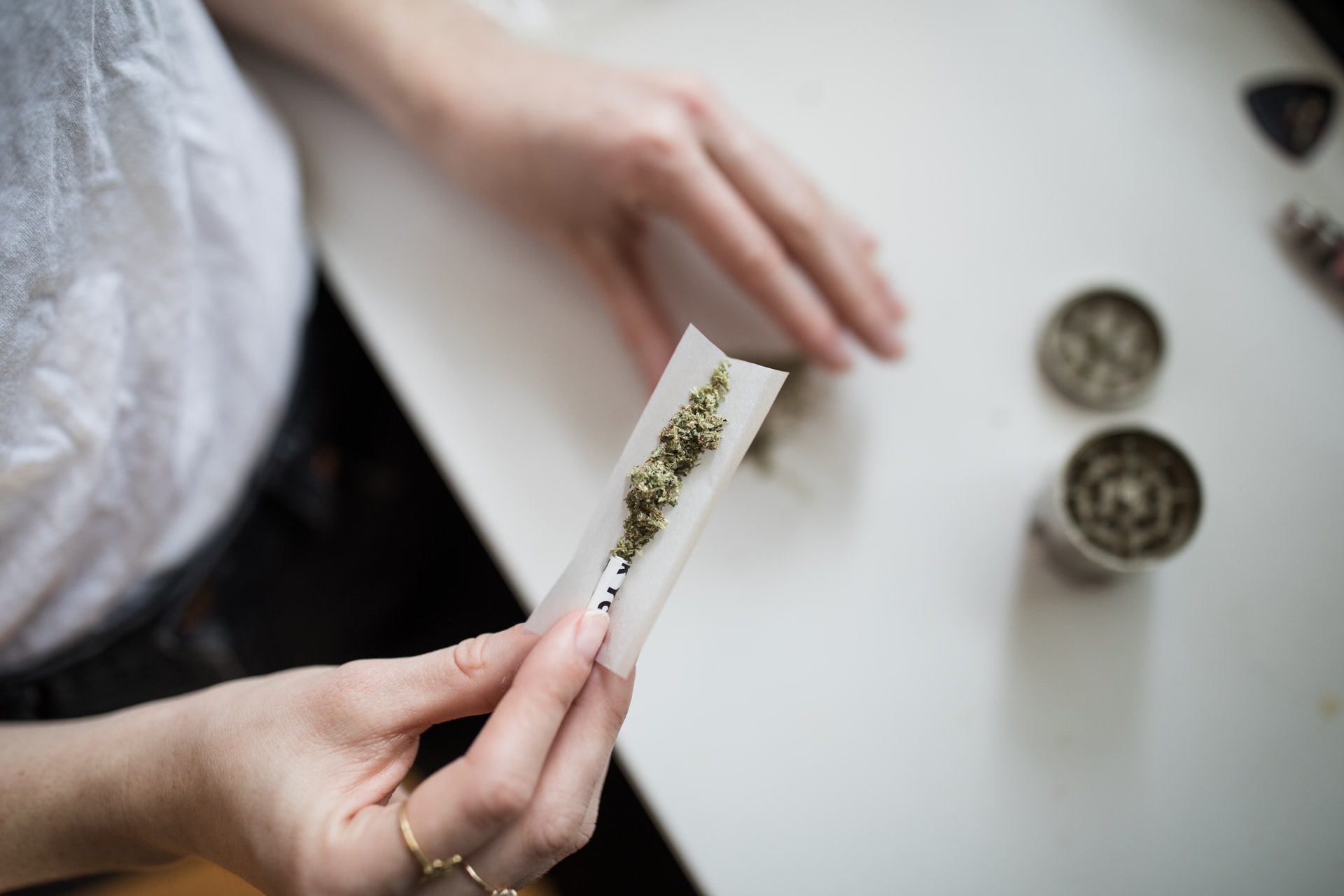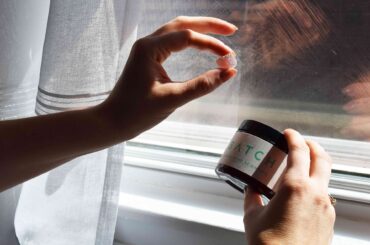Colorado voters approved a ballot proposal legalizing the recreational use and sale of cannabis on Election Day in 2012, making the state the first in the United States to do so.
Despite marijuana being illegal at the federal level, seventeen more states, Washington, D.C., and Guam would legalize online dispensary over the next nine years as popular support for legalization grew dramatically.
THC, a psychoactive chemical found in some strains of the cannabis plant (also known as marijuana or weed), generates a “high” when consumed.
Marijuana legalization is now widely supported among Democratic leaders, and some Republicans are on board as well. State legislatures are debating whether and how to legalize marijuana, while Congress has sponsored various marijuana-related legislation, including ones aimed at decriminalizing the drug on a federal level.
 Opponents argue that marijuana is harmful to public health and safety, and some are morally opposed to its legalization. Proponents, on the other hand, say that it is not as hazardous as alcohol, citing evidence of therapeutic benefits such as stress and pain alleviation.
Opponents argue that marijuana is harmful to public health and safety, and some are morally opposed to its legalization. Proponents, on the other hand, say that it is not as hazardous as alcohol, citing evidence of therapeutic benefits such as stress and pain alleviation.
It is also seen as a moneymaker for states and a crucial social justice effort, according to proponents. Marijuana prohibitions have disproportionately impacted people of color, contributing to mass incarceration. States that have legalized marijuana have attempted to alleviate the repercussions of the drug’s prohibition by introducing measures that allow for the expungement or vacation of low-level marijuana convictions.
Recreational marijuana is legal in the following states:
- Colorado
- Washington
- Alaska
- Oregon
- Washington, D.C. is the capital of the United States.
- California
- Maine
- Massachusetts
- Nevada
- Michigan
- Vermont
- Guam
- Illinois
- Arizona
- Montana
- New Jersey is a state in the United States.
- New York is a city in the United States.
- Virginia
- New Mexico is located in the United States.
- Connecticut
According to television station WCAX, retail marijuana could be available in Vermont in the fall of 2022. Guam officials drew closer to creating the territory’s own sector in November 2021 by partnering with Metrc, a developer of cannabis regulatory technology. The District of Columbia might have a regulated recreational market as soon as August 2022.
States have their own licensing procedures for dispensaries, but in all states where marijuana is legal, firms selling marijuana must first obtain a state license.
The states regulate and tax the sales at different rates. Some states levy an excise tax on sales, which are taxes assessed on a specific good – in this example, marijuana – that are levied on the seller, who then passes the tax on to the consumer by including it in the product’s price.
State laws differ on the amount of marijuana an adult can legally possess, whether adults can grow their own marijuana plants, and how tax revenue is spent.
Colorado voters adopted a legalization proposal in November 2012.
Adults over the age of 21 in Colorado are allowed to possess and give away up to an ounce of marijuana, as well as grow up to six plants per residence, regardless of how many people live there. Marijuana use in public is prohibited.
Retail purchases at licensed dispensaries are subject to a 10% marijuana sales tax on top of the ordinary sales tax. The wholesale price of retail marijuana – the price that businesses pay cultivators – is subject to a 15% excise tax.
Washington – In November 2012, a bill to legalize marijuana was passed.
Adults over the age of 21 in Washington can purchase and possess up to an ounce of marijuana, 16 ounces of marijuana-infused solid delicacies, 72 ounces of marijuana-infused liquid products, and 7 grams of marijuana concentrates. Marijuana consumption in public is prohibited, and recreational users are prohibited from growing the plants at home.
Retail sales are authorized at regulated dispensaries, although they are subject to a 37 percent excise tax.
Alaskans voted in November 2014 to legalize marijuana.
Adults over the age of 21 in Alaska are allowed to possess and give away up to an ounce of marijuana, as well as produce up to six marijuana plants, albeit only three of them can be mature. Consumption of the substance in public is prohibited.
At approved dispensaries, retail sales are permitted. The cultivator is responsible for paying an excise tax levied by the state on the substance.
Oregon – In November 2014, a bill to legalize marijuana was passed.
Adults over the age of 21 in Oregon are allowed to possess up to an ounce of marijuana in public and up to 8 ounces at home. Adults can also consume up to 16 ounces of marijuana in solid form, such as an edible, or up to 72 ounces of marijuana in liquid form. Adults have the ability to grow up to four cannabis plants. Marijuana use in public places is prohibited in Oregon.
Marijuana retail sales are allowed and taxed at 17 percent, with cities and counties able to add up to an additional 3 percent tax in some situations.
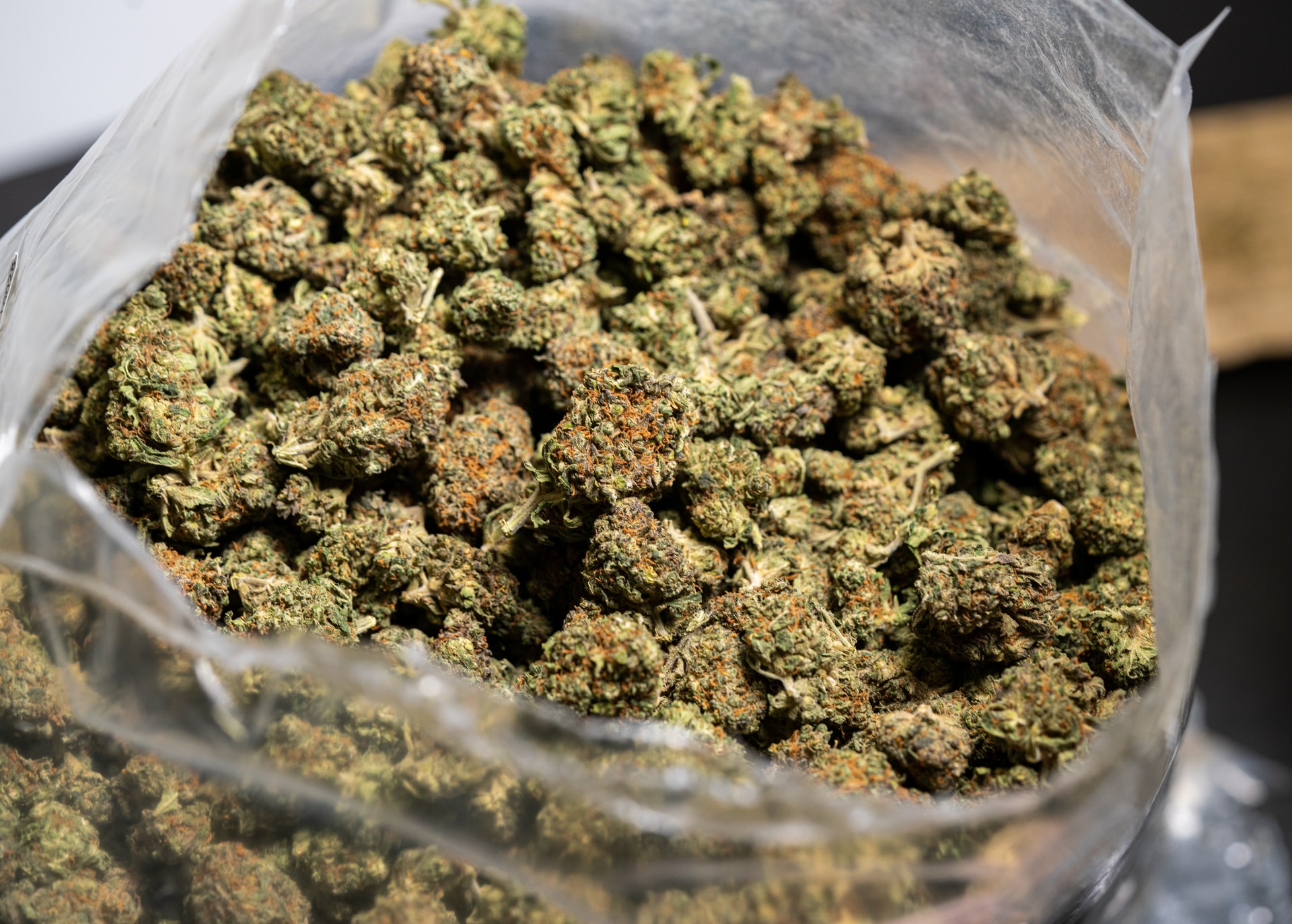 Legalization bill approved in November 2014 in Washington, D.C.
Legalization bill approved in November 2014 in Washington, D.C.
Adults over the age of 21 are allowed to possess up to 2 ounces of marijuana and give up to 1 ounce to another person. Adults are allowed to grow up to six marijuana plants, three of which must be fully developed.
Congressional Republicans have routinely included language in spending bills that prevents the District from establishing an independent regulatory board, making recreational cannabis sales illegal. The adult-use marijuana trade in D.C. is reliant on gifting services due to a lack of legal stores.
Measure to legalize marijuana in California was approved in November 2016.
An adult over the age of 21 may possess, purchase, or give away up to an ounce of cannabis and up to 8 grams of concentrated cannabis in California. Adults are permitted to grow up to six live cannabis plants. In public locations, smoking or consuming marijuana is prohibited, as is taking the substance while driving.
Cannabis is subject to a 15% excise tax on retail sales at regulated dispensaries, in addition to the usual state sales tax. Cannabis firms may face additional taxes imposed by local governments.
Maine passed a legalization bill in November 2016.
In October 2020, a regulated retail market opened, while numerous proprietors reported inadequate product availability. Marijuana is subject to a 15% excise tax and a 10% sales tax in Maine.
Massachusetts passed a legalization bill in November 2016.
In Massachusetts, adults over the age of 21 can possess up to an ounce of marijuana on their person and up to 10 ounces at home. Residents can cultivate up to six plants per individual at home and up to 12 plants in a household of two or more people.
At licensed dispensaries, sales are legal. Sales are subject to both the normal state sales tax and a 10.75 percent state excise tax. Marijuana sales might potentially be subject to a 3% tax imposed by municipalities.
Nevada passed a legalizing bill in November 2016.
Nevada residents over the age of 21 are allowed to possess up to an ounce of marijuana and an eighth of an ounce of concentrated marijuana. Adults can grow up to six plants at a time, for a total of 12 plants per home. Marijuana usage in public or in a vehicle is prohibited.
Retail sales are permitted at licensed dispensaries and are subject to a 10% excise tax in addition to the state sales tax.
Michigan’s marijuana legalization bill was approved in November 2018.
Growing, consuming, and possessing marijuana is legal in Michigan for adults over the age of 21. Individuals are allowed to grow up to 12 plants per household and possess up to 2.5 ounces of marijuana and 15 grams of concentrated marijuana under the law.
In late 2019, the state’s Marijuana Regulatory Agency began accepting retail license applications. According to David Harns, interim communications director for Michigan’s Department of Licensing and Regulatory Affairs, the state now has registered recreational cannabis businesses as well as medical cannabis provisioning centers.
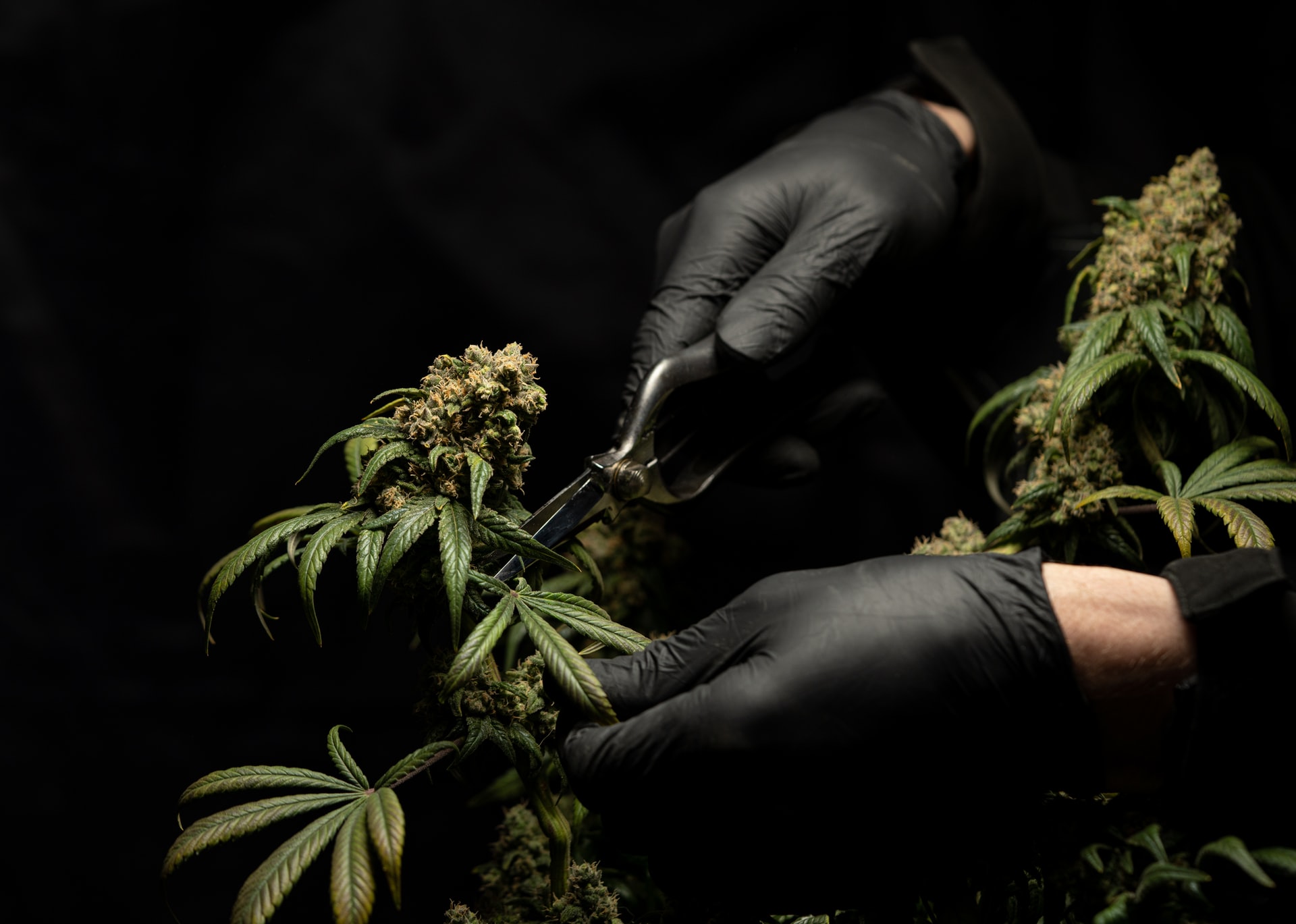 Vermont’s legalization bill was passed in January 2018.
Vermont’s legalization bill was passed in January 2018.
In Vermont, it is legal to produce and possess marijuana, but not to buy or sell it. That will change in October 2022, when retail licenses will be issued. Adults over the age of 21 are allowed to possess up to an ounce of marijuana and grow up to four mature and immature marijuana plants per household.
Guam’s legalization bill was enacted in April of this year.
Adults over the age of 21 are allowed to possess up to an ounce of marijuana and grow up to six plants, albeit only three of them are allowed to develop.
Guam’s Cannabis Control Board rushed to develop trading procedures earlier in 2020, but the coronavirus outbreak halted their efforts. Adults are allowed to gift up to an ounce of cannabis although sales are still prohibited.
Illinois’ legalization bill was enacted in May of this year.
Illinois adults over the age of 21 can now possess 30 grams of marijuana, 5 grams of concentrated cannabis, and products containing up to 500 milligrams of THC as of January 2020. Adults who are not residents of Illinois are allowed to consume half of that amount while in the state. In public settings, consumption is still prohibited.
Residents might buy marijuana for adult use through regulated dispensaries at first, with recreational retail licenses coming later. Cannabis with more than 35 percent THC will be taxed at a rate of 25%, while cannabis with less than 35 percent THC will be taxed at a rate of 10%. Despite the fact that marijuana has become more potent over time, it’s still uncommon for a strain to contain more than 35 percent THC. Cannabis-infused items will be taxed at a rate of 20%. Local governments can also impose a sales tax of up to 3%.
New Jersey has passed a legalization bill that will take effect in November 2020.
On Election Day 2020, New Jersey was one of four new states to support marijuana legalization propositions at the same time. A referendum initiative to legalize marijuana was supported by over 67 percent of voters. Only those over the age of 21 will be allowed to use cannabis, according to the bill. It gave the current state commission on medical cannabis the authority to regulate the recreational cannabis market and subjected the cannabis commerce to state and local taxation. Gov. Phil Murphy signed legislation legally establishing the state’s recreational marketplace on Feb. 22, 2021, while also easing penalties for youth marijuana and alcohol possession.
Montana has passed a legalization bill that will take effect in November 2020.
Two popular-vote propositions regulating the use of recreational marijuana were on the ballot in Montana on Election Day 2020. According to the Montana secretary of state, Initiative 190, which legalized the possession and use of small amounts of cannabis by adults 21 and above, received over 57 percent of the vote. With 58 percent of the vote, Montana Constitutional Initiative 118 passed, allowing the state legislature to set a minimum age for marijuana use and consumption.
South Dakota’s legalization bill passed in November 2020, but was overturned by the state Supreme Court in November 2021.
Constitutional Amendment A was on the 2020 ballot in South Dakota, and it passed with around 54% of the vote. Adults over the age of 21 can now possess and distribute up to 1 ounce of cannabis. According to the Sioux Falls-based Argus Leader, a concurrent initiative to legalize medical marijuana was approved by nearly 70% of voters. However, according to The Associated Press, the state Supreme Court struck down a voter-approved amendment that would have allowed for recreational marijuana usage in late November 2021. The ruling came as a result of a lawsuit filed by Republican Governor Kristi Noem.
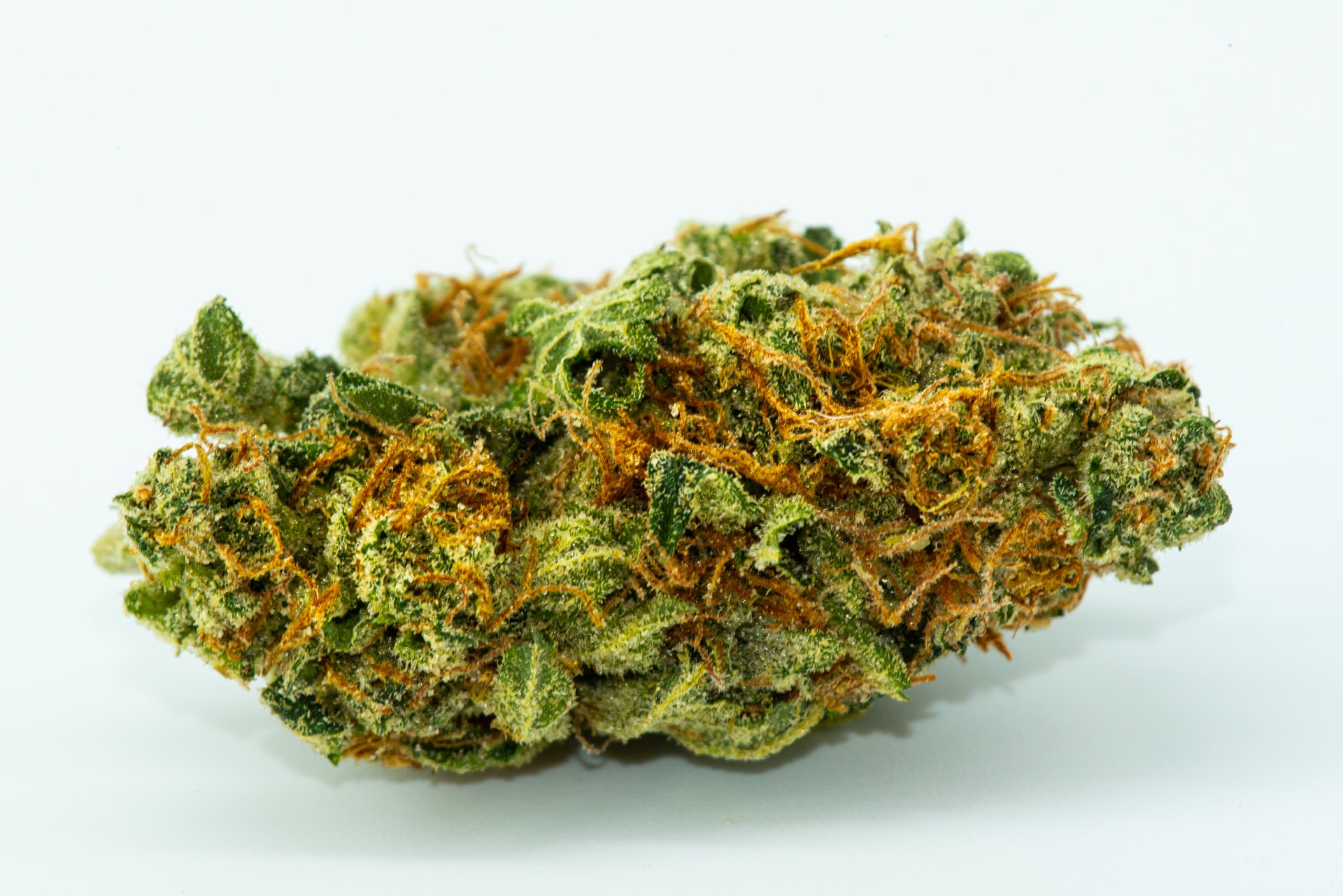 Arizona has passed a legalization bill that would take effect in November 2020.
Arizona has passed a legalization bill that would take effect in November 2020.
Proposition 207 in Arizona would enable adults over the age of 21 to consume, possess, and cultivate marijuana in restricted amounts; it would prohibit smoking in public places; it would establish state and municipal regulation of marijuana licensees; and it would allow marijuana offenses to be expunged. On election day, roughly 60% of voters backed the proposition.
New York has passed a legalization bill that will take effect in March 2021.
On March 31, 2021, Governor Andrew Cuomo signed the Marihuana Regulation and Taxation Act. The law permits anyone aged 21 and up to possess up to 3 ounces of cannabis for recreational use, creates two regulatory agencies to regulate its sale and distribution, and allows people convicted of marijuana-related crimes to have their records wiped. According to the New York Times, Democrats in the State Assembly have been sponsoring legalization measures since 2013, but their attempts had failed because to differences with Cuomo.
Virginia enacted a legalization bill in April 2021.
SB1406, with modifications proposed by Gov. Ralph Northam, was passed by both chambers of Virginia’s General Assembly on April 7, 2021. A staff member for Northam stated that no additional action was required to pass the law after the legislature approved the governor’s modifications. As on July 1, 2021, Virginians aged 21 and above will be able to possess up to 1 ounce of recreational marijuana under the modified legislation. While the bill will enable residents to grow up to four cannabis plants, it does not set a framework for regulating adult-use marijuana retail sales.
New Mexico has passed a legalization bill that will take effect in April 2021.
According to Linda Trujillo, the state’s regulatory and licensing superintendent, New Mexico Gov. Michelle Lujan Grisham approved HB2 on April 12, allowing adults over 21 to grow cannabis plants at home and possess up to two ounces outside their homes starting of June 29. By April 1, 2022, state-licensed dispensaries will be permitted to sell recreational marijuana. Cannabis farmers at home will be allowed to grow up to six plants per person, or a total of 12 plants per household.
Connecticut has passed a legalization bill that will take effect in June 2021.
Governor Ned Lamont signed SB1201 on June 22, 2021, making recreational cannabis legal in Connecticut. Individuals aged 21 and up will be able to possess up to 1.5 ounces of recreational cannabis, plus another five ounces in their house or vehicle, when the law takes effect on July 1. While the state establishes its retail legislation, retail sales are not scheduled to commence until the summer of 2022 at the earliest. Under the new law, prior low-level marijuana crimes will be wiped as well.
Is marijuana legal in the United States?
No. Under the Controlled Substances Act, marijuana is classed as a Schedule I drug, which means the government feels it has no medical use and a significant potential for abuse. Marijuana cultivation, distribution, and possession are all illegal under federal law.
States that have legalized recreational or medical marijuana have done so in direct opposition to the federal government, causing a conflict between states’ rights to choose their own laws and the federal government’s power.
In states where marijuana is legal, however, the federal government has traditionally taken a hands-off attitude to marijuana prohibition enforcement. The Obama administration advised federal prosecutors not to prosecute persons who distributed marijuana in compliance with state medicinal marijuana legislation in 2009.
What is the Cole Memorandum, and why is it important?
The Department of Justice produced possibly the most influential guidance on federal marijuana enforcement in 2013. The Justice Department stated in the Cole Memorandum that it would not contest states’ legalization laws at the moment and that states should have vigorous enforcement operations of their own.
The Cole Memo was withdrawn by then-Attorney General Jeff Sessions in 2018, who instructed prosecutors to apply established prosecutorial principles and their own judgment when prosecuting – or declining to prosecute – marijuana crimes.
In general, the Justice Department has refrained from prosecuting cases in which people are operating in accordance with state law, and it has also refused to challenge state legalization legislation in court. Even after Cole’s departure, most marijuana-related prosecutions by the Department of Justice have centered on more serious offenses like as guns or organized crime, according to observers.
What does it mean to decriminalize?
Decriminalization is the practice of lowering the penalty for a specific criminal act or reclassifying a criminal charge as a civil offense.
According to the Marijuana Policy Project, as of January 2022, 31 states and the District of Columbia had decriminalized low-level marijuana possession offenses, removing the prospect of jail time at least for first-time offenses, but fines and a criminal record remained in certain locations. Some states have categorized small-scale marijuana possession as a civil offense rather than a criminal offense, while others have simply reduced the penalty. Repeat violations, sales, distribution, or possession of substantial amounts of marijuana can still land you in jail in most of those states.
Medical marijuana laws have been passed in some of the states that have passed decriminalization legislation. According to the Policy Project, three states have decriminalized marijuana but not legalized it in any form.
Decriminalization is sometimes viewed as a compromise between full-fledged legalization and harsh, punitive drug policies that disproportionately affect people of color.
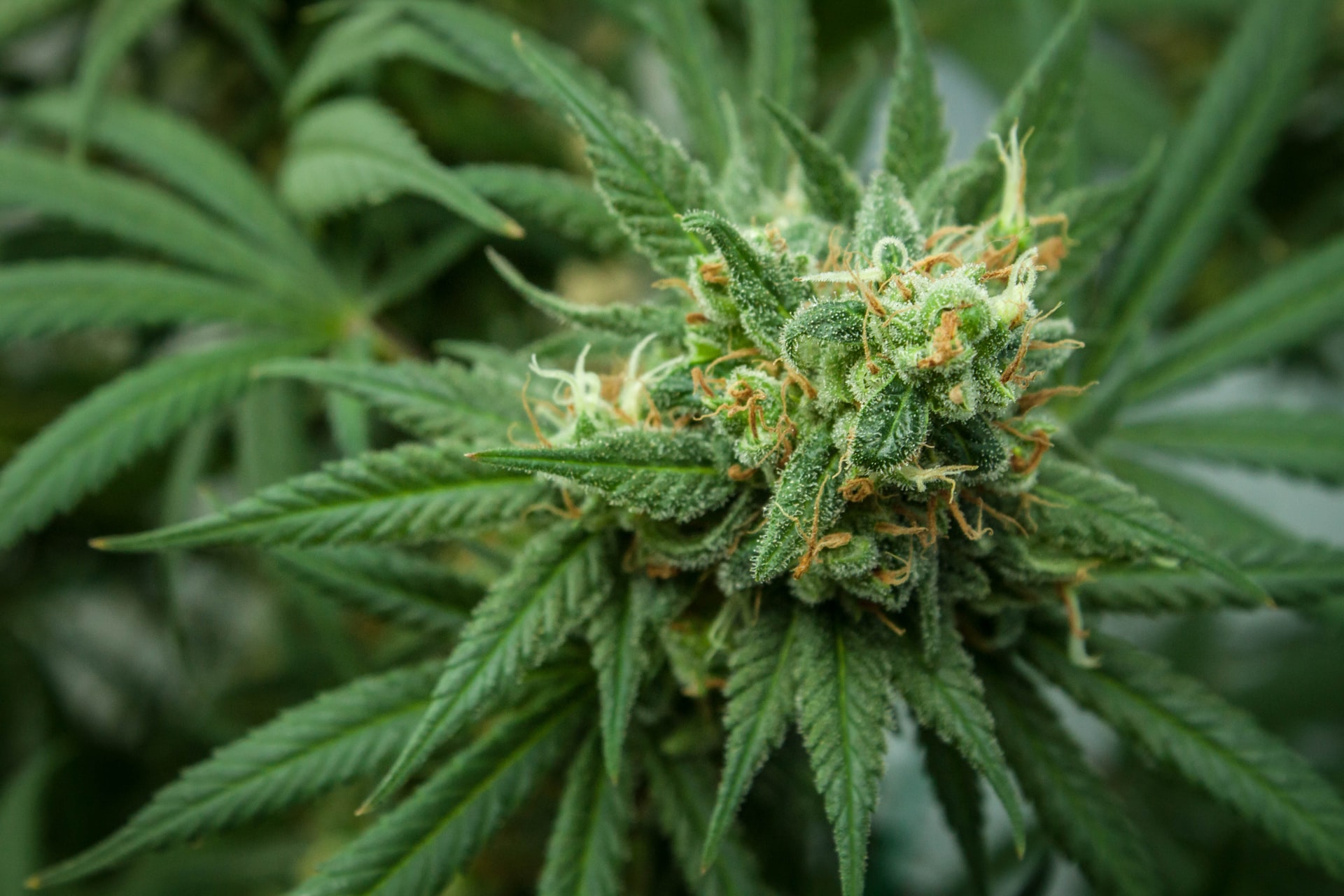 What is the public’s opinion on the matter?
What is the public’s opinion on the matter?
Recreational marijuana should be legalized, according to a rising majority of Americans. According to a Gallup poll released in October 2019, 66 percent of adults in the United States believe the drug should be legalized. The General Social Survey performed by NORC at the University of Chicago revealed similar levels of support for marijuana legalization in a Pew Research Center poll and a General Social Survey conducted by Pew Research Center.
In recent years, Americans have become more accepting of the concept. According to Gallup, only 12% of respondents in the United States supported legalization in 1969, rising to 31% in 2000 and speeding past 50% after 2013.
Although a majority of Republicans supported legalization in 2019, according to a Gallup poll, Democrats are more likely to embrace it. People under the age of 30 are much more inclined to support marijuana legalization (81 percent in 2019), while 62 percent of Americans aged 50 to 64 also agreed, according to the study.

